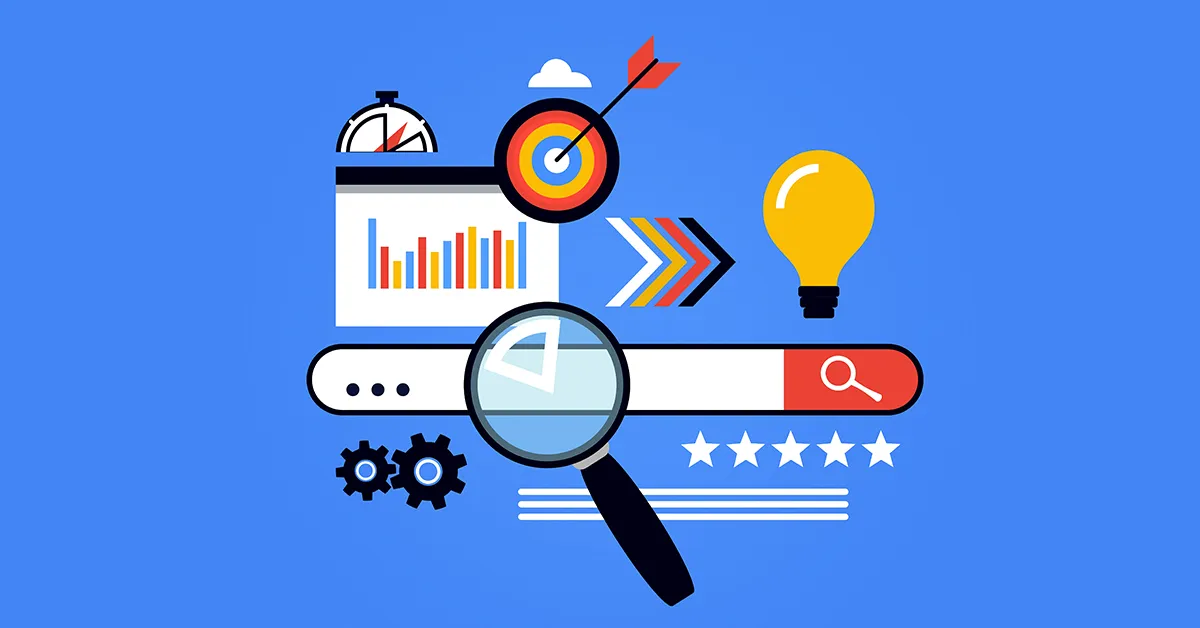The Basics of Canonical Tags

One of the most common technical SEO pitfalls that we see is misuse (or non-use) of canonical tags. Canonical tags go way back to 2009 and are an HTML tag that was created to indicate what version of content should be considered unique or authoritative by search engines. In the past few years, canonical tags have been more important than ever because of Google’s many algorithm updates, most importantly the Panda update.
Websites can be severely punished by the presence of duplicate content, and often times ecommerce sites are the most affected by this because of their use of sort order which will display the same information in various formats depending on what the user chooses. Ensuring that you have proper canonicalization on your website is necessary if you want to rank in search engines, so we suggest you really take the time to understand them and implement them properly on your website.
Examples of pages that should contain canonical tags:
- Ecommerce sites that arrange and rearrange products based on sort order
- Ecommerce sites that have paginated results
- www. and non www. versions of a website
- Secure versions of a website (http: versus https:)
- Blogs that rearrange based on sort order (archive, author tag…)
Besides being a solution for duplicate content, canonical tags can also further help the SEO value of the site. This is because pages tagged with canonical tags will not be indexed, and all of that link equity will be delivered to the respective category page making the ranking potential of that page much higher.
Add this into the <head> section of each non-canonical page to ensure that it is not counted and indexed in search results.
